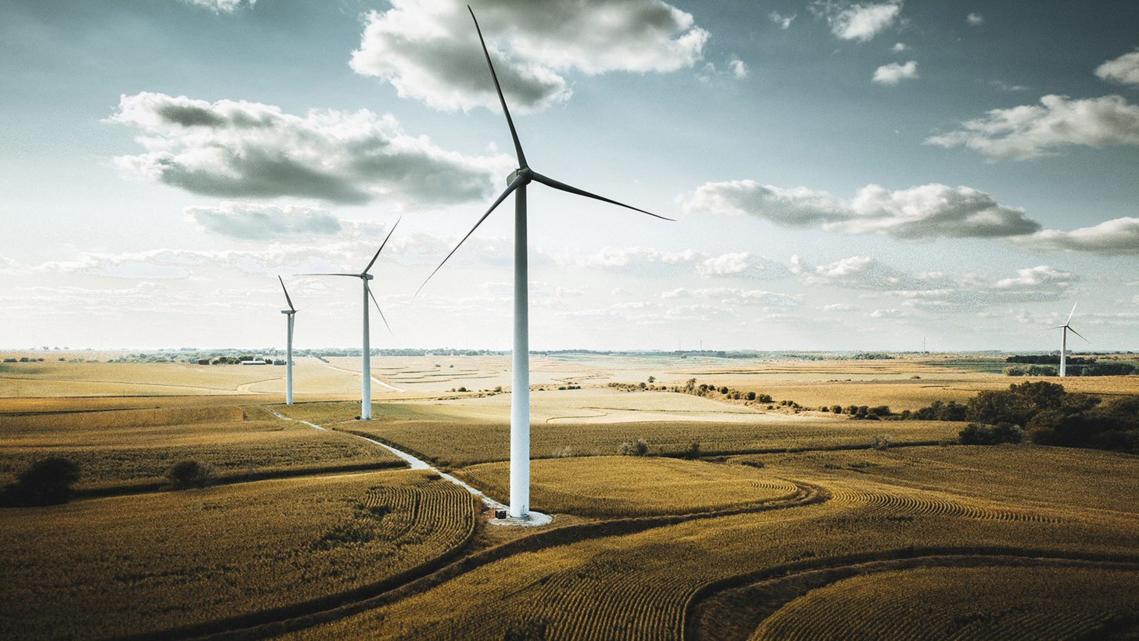Published on 17 May 2021, the International Energy Agency’s (IEA) new report presents a comprehensive roadmap for the global energy sector to achieve net-zero emissions by 2050 while ensuring stable and affordable energy supplies, universal energy access and economic growth.
This summary prepared by WBCSD highlights the key actions which IEA presents to transform global energy consumption and production between now and 2050, including:
- No new oil and gas fields, and no new coal mines or mine extensions (beyond those already committed) from this year.
- Halting construction of all new coal plants this year, unless they are built with carbon-capture technology.
- Closing all coal-fired power plants not fitted with carbon-capture technology by 2040.
- Coal exit in the OECD by 2030.
- Increasing the use of renewable sources of energy from 29% in 2020 to 90% in 2050.
- Implementing a ban in 2025 on the sale of new oil and gas boilers to heat buildings.
- Net zero emission electricity in advanced economies.
- Phasing out internal combustion engine car sales by 2035.
- 60% of global car sales are electric by 2030 and conversion of vehicle fleets to either electric or hydrogen fuel sources by 2050.
- Shifting power plants away from carbon emissions to renewable sources of energy by 2035.
- Transitioning half of all plane-travel energy sources to hydrogen or biofuels by 2040.
- 70% of global electricity is generated from solar PV and wind by 2050.
This report by IEA comes at a critical moment ahead of crucial G7 and G20 meetings and sends a strong message to leaders, emphasizing the need for ‘unprecedented international cooperation among governments’ to take immediate climate action.
The IEA will use the report to guide its future work and help governments around the world to build out their own national roadmaps to net zero emissions.


